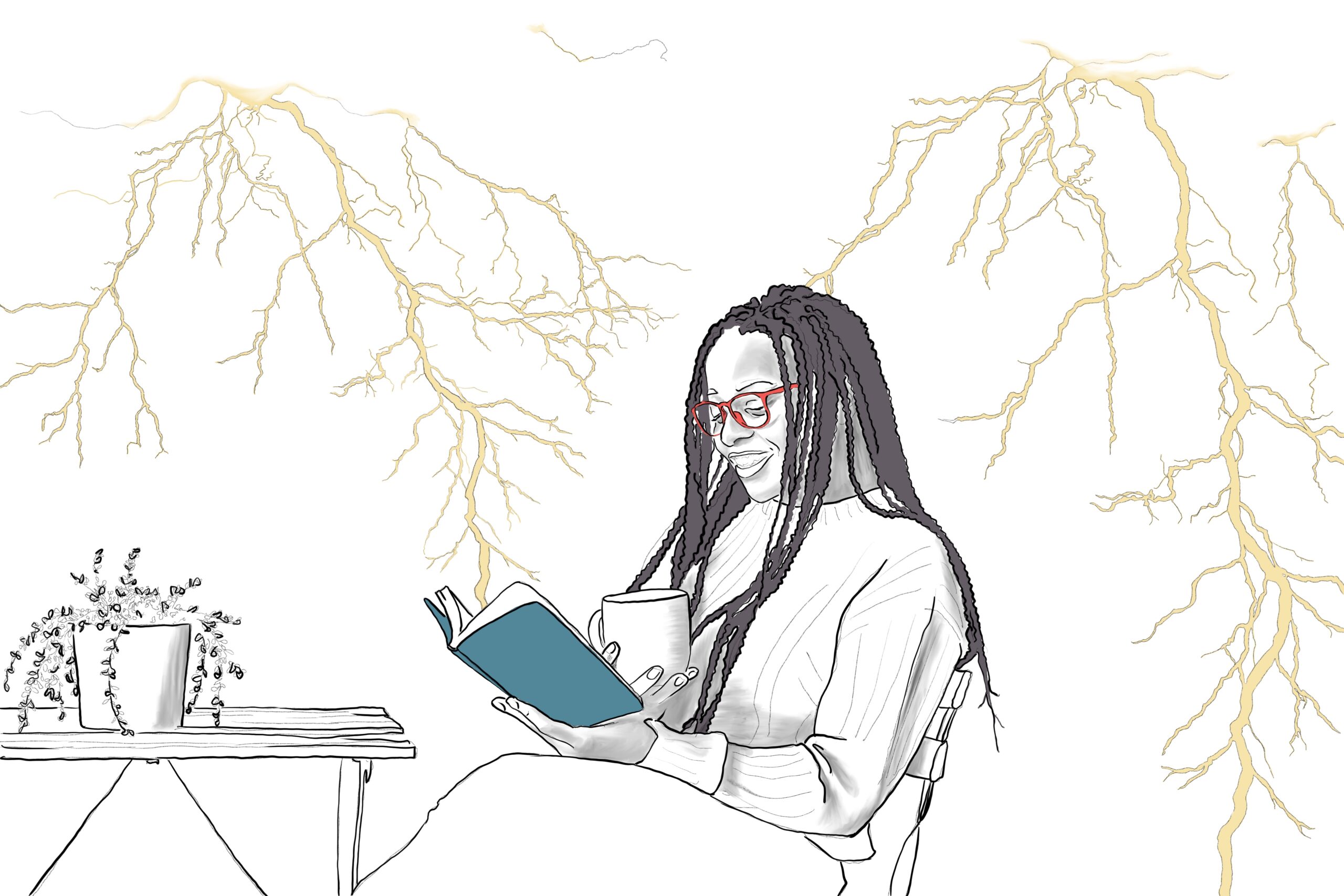Online History Courses
With a name like Cicero, of course we love history. We have dozens of history teachers spread across the globe who teach a wide range of online history courses, including everything from U.S. history to AP world history to the history of Vietnam, Latin American revolutions, or the history of pop culture.

How Our History Classes Work
Our online history classes are taught by history teachers with deep experience in private and public schools around the world. Most hold advanced degrees in either history or education—and oftentimes both.
Full courses generally last 30 weeks with 2 online live sessions per week, plus 3-5 hours of independent work (for high schoolers; less for younger students.)
Although each course is designed for the individual learner, some common themes connect all our history courses.
We believe:
- Students should learn how to think and argue like historians.
- Students should critically engage historical data.
- History is largely told via stories. There is power in writing.
Who Are the Courses For?
We can design any of our online history courses for any age.
- For primary age learners (grades 3-5) we can build a course that focuses on mythology or geography, with shorter readings and more emphasis on visual sources like documentaries.
- For middle schoolers, we design our history courses as an appetizer for what awaits them in high school and beyond. Whether it’s a world history course, a U.S. history course, or something thematic like the history of piracy, some core principles guide us: to introduce middle schoolers to history texts and how historians think; to demonstrate how to understand, manage, and engage with documentary evidence; and to begin to write like a historian or social scientist.

- Our high school courses dive deep into a specific era or theme like U.S. history or world history, introducing the student to college-level history texts and pushing them forward in their analysis, critique, and articulation of history. For students who wish—and this is highly recommended for homeschoolers—we also offer all the AP history courses, which follow the specific AP guidelines and preparation for the exam.
Why Study History?
Oh, where do we start? Maybe with a list:
- In an age of AI, being able to think like a human is more important than ever. History is the study of being human.
- The study of history teaches us how to think critically about narratives, evidence, and facts; and then to muster those in the service of an argument.
- We are a product of history. If we want to understand our future. we must understand our past.
“We study history not to be clever in another time, but to be wise always”
- Marcus Tullius Cicero
Classes Offered

History of Philosophy
The history of philosophy is sometimes called the “history of ideas” or “intellectual history.” It is the study of the great ideas in history. In

Tea, The World in a Cup
The camellia sinensis plant provides the base for what remains the most widely-consumed beverage in the world (after water), with a history spanning thousands of

AP History Classes & Exam Prep
Homeschoolers and worldschoolers who are thinking about college—or simply want the option of college in their future—should consider taking a couple of AP courses during their high school years. AP courses and the AP exam give college admissions officers a useful benchmark to understand whether a homeschooled student is ready for the academic rigor of college.
We offer a variety of AP history courses, from AP U.S. History to AP World History Modern. AP courses usually run for a full year (30 weeks); but can be compressed. They typically follow the unit plan described by The College Board, and save time for 3-4 weeks of exam prep at the end. Our students are currently averaging 4.5 on AP exams.
Frequently Asked Questions
Our history courses—just like all our courses—are completely customized to the learner and can be any duration that you would like. A typical full-load history course runs about 30 weeks with two hour-long live sessions per week and 3-5 hours of independent work (for high schoolers, slightly less for middle schoolers, and a lot less for primary-aged students). This roughly translates into 150-210 hours, well above the standard Carnegie unit.
Normally, yes. Learning how to write a proper history paper, citing sources, mustering arguments, and laying it all out in a clear outline are important life skills. Most of our history teachers try to weave essay and paper writing into their courses. Quizzes, tests, and exams also serve an important purpose by pushing students to capture their learning, absorb it, and then articulate it. However, we don’t generally overdo testing and memorization, except with AP history courses, which, of course, require a bit of memorization.
Well, this is super subjective. However, we recently designed a pretty fantastic Philosophy in History course for a high school student who is super interested in philosophy and intellectual history. The course traces several key thinkers in western thought (Plato, the Stoics, Rousseau, etc.) and the historical context in which they lived. It was super nerdy. Exactly what we love.
Students also adore our history of tea course, which is a crazy cool mash-up of history, economics and gastronomy. The sort of thing you would find in college.
